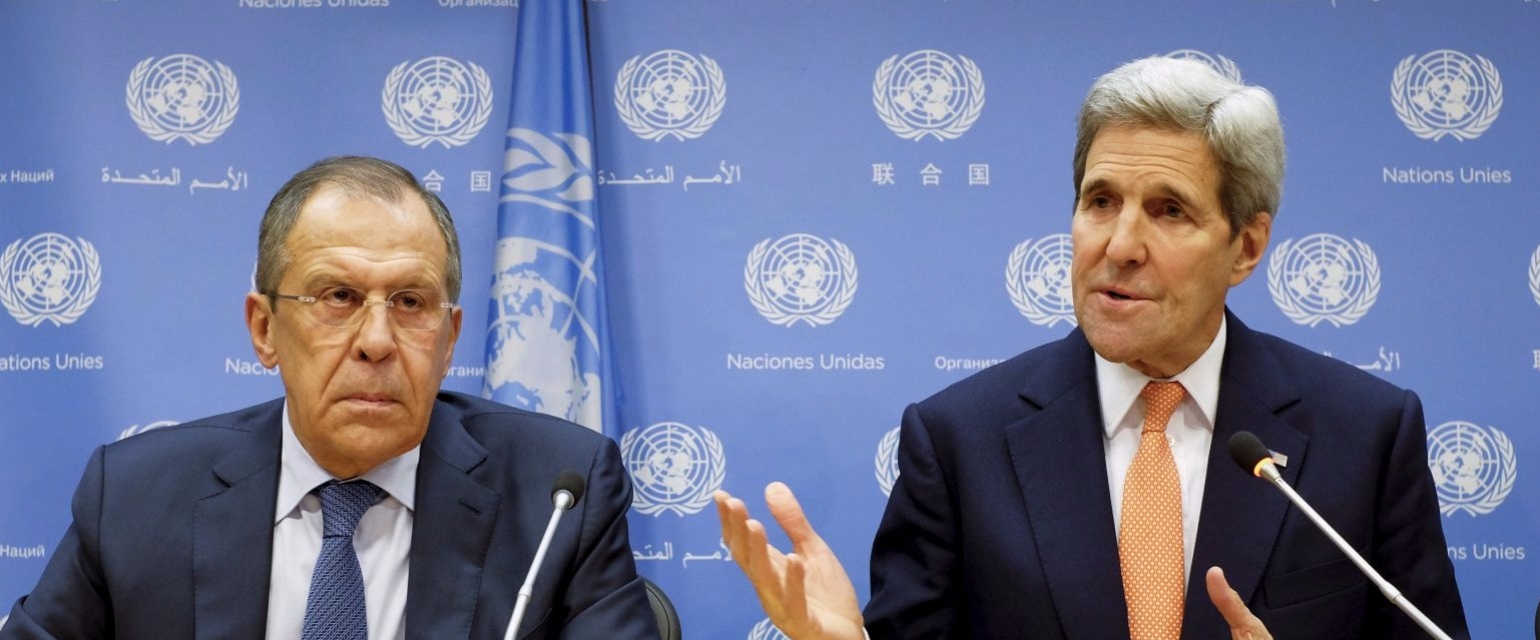

January was marked, above all else, by renewed U.S.-Russian dialogue on a range of international issues, including Syria. For example, conditions were set for inter-Syrian dialogue, although hopes for success there are very small.
At the same time, the U.S. side is doing its share to ensure that initiatives for the positive development of U.S.-Russian relations become derailed by making provocative statements, such as the accusations made by U.S. Treasury Department official Adam Szubin about corruption within the Russian government. In the same vein, there was a change made to the military strategy of the European Command of the U.S. Armed Forces (EUCOM) that identifies Russia as a potential threat.
10. Minister of Industry and Trade Denis Manturov’s visit to Indonesia
On Jan. 8, the Minister of Industry and Trade Denis Manturov arrived on a visit to Indonesia. During the talks, he discussed prospective projects in railway construction, the mining industry, civil aviation, metallurgy, shipbuilding, nuclear power, the arms trade and a number of other areas.
During the visit, the Russian minister noted that the Eurasian Economic Union and Indonesia might soon start negotiations on the implementation of a free trade zone. Russia is stepping up its activities in the Asia-Pacific Region, where at this time a new rivalry between the U.S. and China is already unfolding.
9. Emir of Qatar’s visit to Moscow
Emir of Qatar Tamim bin Hamad Al Thani paid a visit to Moscow. He and Vladimir Putin discussed a number of important issues, including the price of gas and the situation in the Gaza Strip. However, the main topic of their conversation was Syria, in terms of the peace talks between Bashar al-Assad and the opposition that are just starting there.
The talks in Moscow were particularly important, because hitherto, there had been clearly noticeable divergences of opinion on many regional issues between Qatar and Russia. Although it is not possible to list any compromises reached, or any common positions established, the official declarations indicate, at the very least, the willingness to take into consideration each other’s positions.
8. Russia’s reaction to North Korea’s testing of a thermonuclear bomb
The DPRK announced yet another nuclear test – this time, a hydrogen bomb, which, according to North Korean authorities, moved the country’s potential “to a new level.” This event was often discussed between Sergey Lavrov and John Kerry, as well as during telephone conversations between Vladimir Putin and Barack Obama.
Obviously, this challenge to international security coming from North Korea could not pass unnoticed. On Jan. 28, the United States announced the tightening of sanctions against North Korea. However, it is clear that the sanctions path usually does not lead to any rapid and expected results.
Continue reading at Russia Direct
The Paris terrorist attacks and the downing of a Russian civilian airliner over Egypt have shaken the world. The attacks, both coming within the space of a month, also affected the international agenda, providing more opportunities for Russia and the West finally to build a broad anti-terrorist coalition. While those two tragic events dominated headlines, there were other important Russian foreign policy developments in November, including new developments on the Ukrainian crisis.
U.S. and NATO will retain their influence on Kabul, due to the large amounts of financial aid on which the national budget depends, but the real question is: How hard will the new president work on finding an alternative to this source of financing? In Afghan society, there is a very strong anti-American sentiment, and therefore, there is a demand for closer ties with other countries, and even support for their confrontations with the United States.
At the time of increasing U.S.-Russia confrontation and partisan thinking over Ukraine, it is becoming difficult for think tanks in these two countries to straddle between two extreme viewpoints. In some cases, these think tanks are even coming under media criticism for their stances or political pressure from top policymakers.
Russia is ready to soften the food embargo, to finance major projects in Greece and participate in privatization. Experts, however, believe that the gradual normalization of relations with Brussels is more to the advantage of Moscow than an open split in the EU.